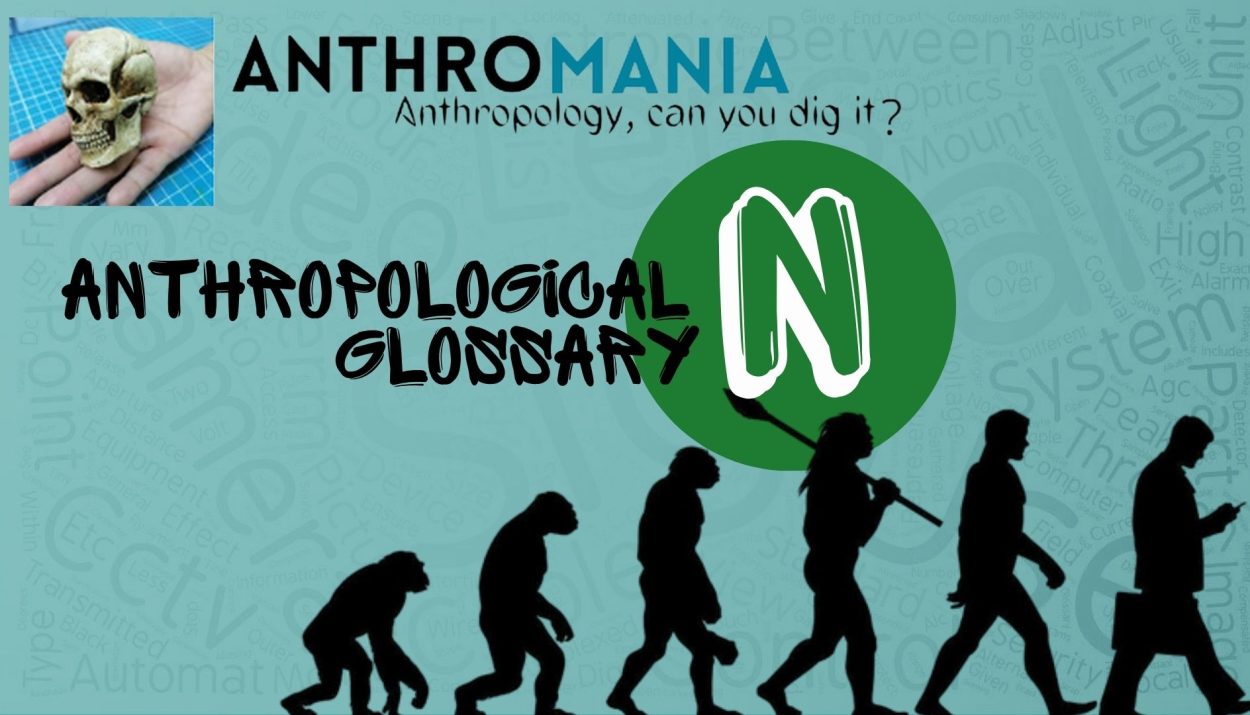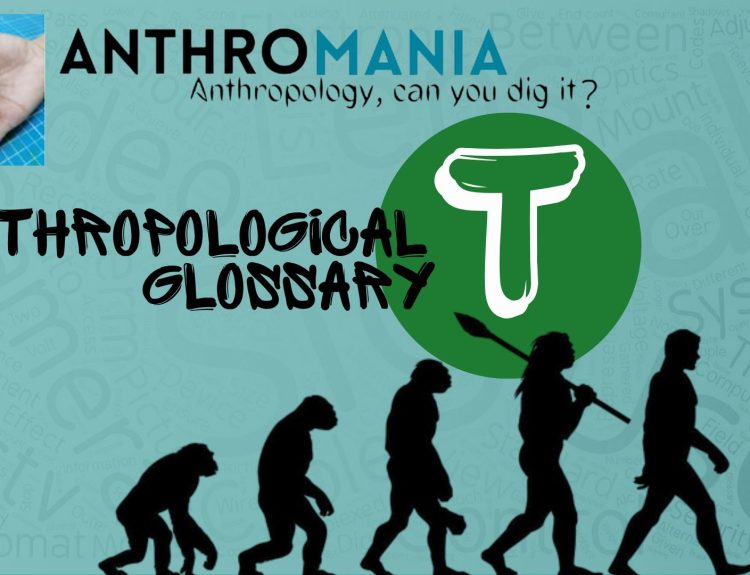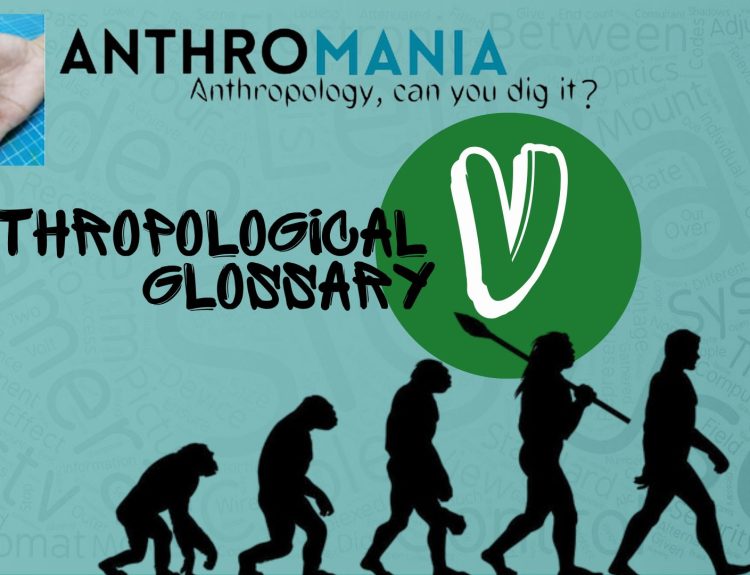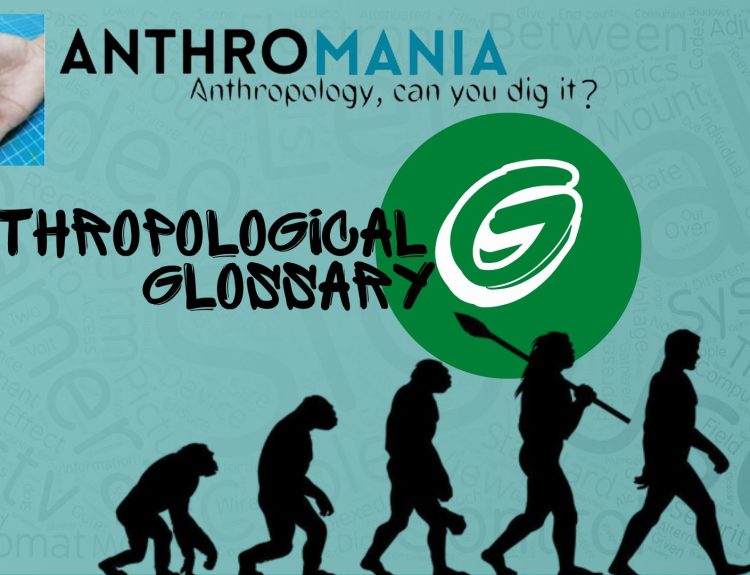Explore the Anthropological Glossary (Letter N) to learn about important anthropological terminology and concepts. These phrases cover a wide range of topics related to anthropological research, such as the understanding of human life and society, cultural practices, linguistic analysis, and archaeological techniques.
Nacirema: A term coined by anthropologist Horace Miner in his satirical study, which is actually “American” spelt backwards. It highlights the importance of cultural relativism by examining American cultural practices as if they were exotic.
Nanook of the North: A famous ethnographic documentary film directed by Robert J. Flaherty, depicting the Inuit way of life in the Canadian Arctic.
Napoleon Chagnon: An American anthropologist known for his controversial studies of the Yanomami people in the Amazon rainforest, focusing on their social and kinship systems.
Narrative Analysis: An anthropological research method that involves the study and interpretation of stories, oral histories, and narratives as a means of understanding culture and identity.
Nationalism: A strong sense of identity and loyalty to a nation or ethnic group, often associated with the desire for self-determination and independence.
Nativism: The belief in the superiority of a particular ethnic, cultural, or national group, often accompanied by the desire to limit the rights and opportunities of others.
Natolocal: The married couples live in their own houses separately after marriage.
Natural Selection: A key concept in biological anthropology, it refers to the process by which certain heritable traits become more or less common in a population due to their impact on an organism’s ability to survive and reproduce.
Naturalistic Observation: An observational research method used in cultural and psychological anthropology to study behaviour in its natural context without intervention.
Nature-Man-Spirit Complex: A concept introduced by L.P. Vidyarthi in anthropology. It refers to the interconnected relationship between nature, human beings, and the spiritual or supernatural realm. This framework is used to analyze the cultural and ecological dynamics in various societies, recognizing the profound influence of the natural and spiritual world on human existence and belief systems.
Read- Nature-Man-Spirit complex
Negative Reciprocity: An economic exchange in which one party seeks to gain more at the expense of the other, often characterized by haggling, deception, or exploitation.
Negative Sanctions: Punishments or negative consequences for behaviours that violate cultural norms, often used in the study of social control within societies.
Neocolonialism: A form of indirect control and influence exercised by powerful countries over less powerful nations, often through economic, cultural, or political means.
Neo-evolutionism: A theoretical approach in anthropology that seeks to understand cultural change and development by examining the evolution of societies from simple to complex forms.
Neofunctionalism: A theoretical approach in anthropology that examines the functions and purposes of institutions and structures within societies to understand their roles in maintaining social stability.
Neolithic: The period in human prehistory characterized by the development of agriculture and the domestication of plants and animals, leading to settled communities and the use of pottery.
Neolocal: The married couple lives in the new house.
Niche: The role or function of an organism within an ecosystem, including how it interacts with its environment and other species, is an important concept in ecological anthropology.
Niche Construction: The process by which organisms, including humans, actively modify their environments and adapt to them over time, leading to mutual co-evolution between organisms and their surroundings.
Niche Differentiation: The process in ecology by which similar species coexist in an environment by occupying different ecological niches, thus reducing competition.
Nomadism: A way of life characterized by the continual movement of a group or community in search of resources, such as food and water, without permanent settlement.
Nomothetic Explanation: An approach in anthropology that seeks to find general laws, principles, or patterns that apply across multiple cultures or societies, as opposed to an idiographic approach that focuses on specific, unique cases.
Non-Governmental Organization (NGO): Non-profit organizations that operate independently of government control and work on various social, humanitarian, and environmental issues, often studied in cultural anthropology.
Non-material Culture: The intangible aspects of culture, such as beliefs, values, customs, and symbols, which shape the way people think, behave, and interact.
Nonverbal Communication: The transmission of information through body language, facial expressions, gestures, and other non-linguistic cues, explored in linguistic anthropology.
Non-Western Anthropology: A subfield that focuses on the anthropological study of societies and cultures outside of the Western world, emphasizing diverse perspectives and indigenous voices.
Normative Organization: A type of formal organization that sets and enforces specific norms and values, often seen in religious institutions, clubs, or professional associations.
Norms: Established social rules and expectations that guide behaviour and interactions within a society or culture.
Nuclear Family: A family unit consisting of parents and their dependent children, often seen as the smallest, most basic family structure.
Nuer: An ethnic group from South Sudan studied by E.E. Evans-Pritchard, known for their cattle-centered culture and complex kinship system.
Nurturant Parenting: A parenting style characterized by warmth, support, and emotional closeness to the child, as studied in psychological anthropology.







